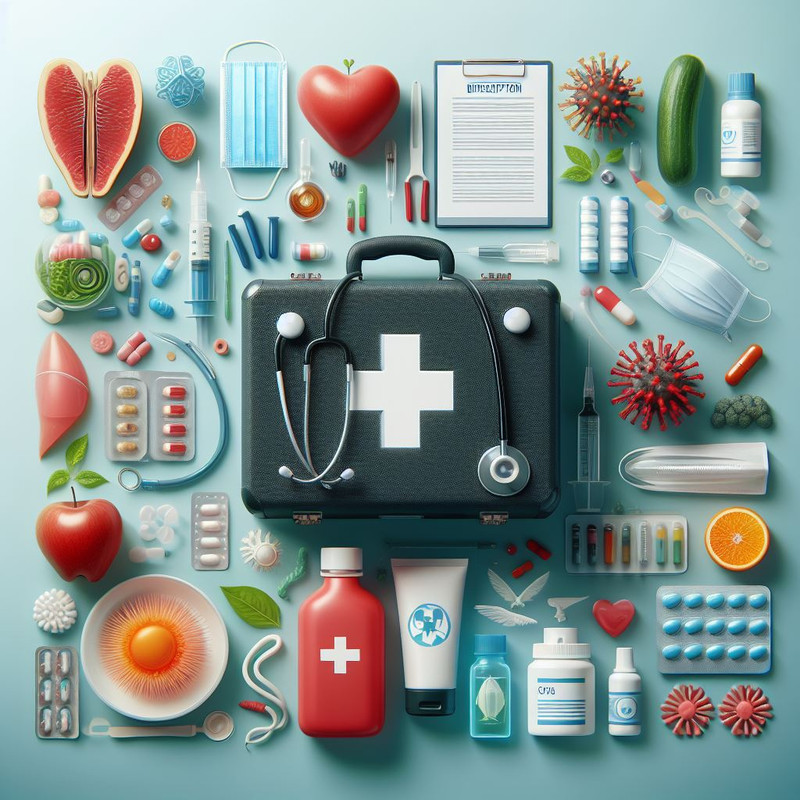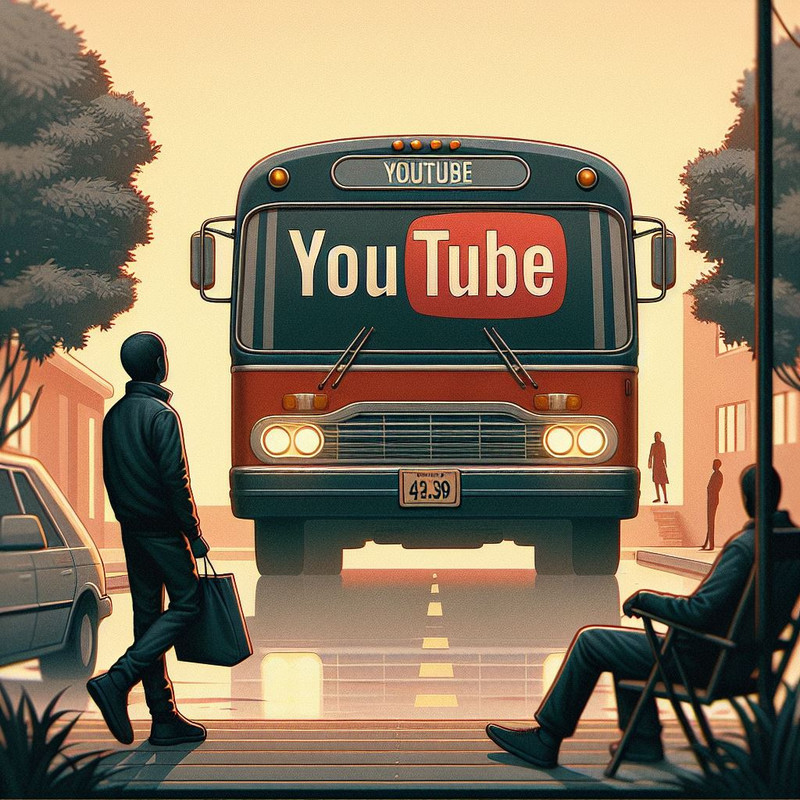
Health Misconceptions You Shouldn't Carry Into 2024
Let’s get right into it, shall we? But first a few disclaimers are in order.
- Health tips isn’t as reductionist and simple as blogs (like mine) and people make them seem. There’s much more nuance to each point and more explanation that could be given but since we are living in a society of people with short attention spans, we try to package the most correct information possible in the shortest possible way.
- I am a medical student aggregating information from numerous studies and experts in different fields.
1. Exercise will remove your belly fat
Misconception
Numerous studies from 2023 and prior have long since disproved what might be a very common assumption that if you exercise, you can lose weight. Very well meaning people often advise their peers to do situps or run so that they lose weight because it makes sense on the surface.
That’s not to say that exercising doesn’t contribute to weight loss and losing belly fat. It does.
But I have seen so many people frustrated with exercise because they don’t see the value of exercising after losing only a few grammes and no change to their body shape and “that tummy”. It’s all because they have it wrong.
The truth
The single biggest contributor to weight loss is diet. More people are getting to know this more and more by the day.
If you eat more than you are burning through exercise, you are going to stay in the same place and feel stuck.
It’s also much less about the quantity you are eating and more about what exactly you are eating.
Quality over quantity. To use a very extreme example, you could eat 2kg of fruits vs 500g of fast food and the fruit will invariably be better for you due to the way it’s absorbed and metabolised in the body.
2. Sleep is for the rich
Misconception
As a university student in Zimbabwe, there’s a common phrase. “Arara akera” meaning “if you sleep, you will repeat a course”. It’s a way to say that to pass your courses, you need to stay up long nights studying.
And even outside of schooling, people don’t really see the importance of sleeping for as long as possible and having sleep of the highest quality.
The truth
-
The World Health Organisation (WHO) has considered adding ‘not sleeping enough’ to the list of things that cause cancer.
This is because a lack of sleep reduces the number of immune system cells called “Natural Killer Cells” which do what they say on the tin. They kill any cell in your body that decides to become cancerous, protecting you from cancer.
Hence reducing the number of those guys isn’t a good idea.
- A recent discovery was that our brains go through a clean up process when we are asleep. Dead cells inside the brain and waste products from metabolism are cleared from our brains efficiently when we sleep for long enough and sleep well.
-
This one is for students. Neuronal connections are made when we are asleep. When are bodies drop dead while we are asleep, our brains are a hive of activity during REM (Rapid Eye Movement) sleep and non-REM sleep which are the two phases of sleep.
These neuronal connections account for creativity, awareness but more importantly, memory retention. Sleeping is essentially hitting the save button in Microsoft Word, but just in the brain. And yet we encourage students to do the opposite, not sleep so that they remember things.
- Lastly, a lack of sleep is linked to weight gain and inflammation due to throwing off hormones off their rhythm. For example, cortisol is a hormone that is released in different quantities due to the time of day. As such by not sleeping well, you throw off the natural clock you have and find yourself being much sicker due to the immune suppression cortisol causes.
Summary of it all. Sleep is extremely important and we should skimp on it or compromise its quality.
3. Calories In, Calories Out (CICO)
Misconception
The last conception on the list today is CICO, the Calories In, Calories Out phenomenon. What nonsense it is.
The idea is that eating 500 calories of bread for example, and eating 500 calories of nuts are the same. Because it’s still 500 calories after all.
People count their calories so that they watch what they eat. It’s especially done in weight loss programs and specialised diets.
It doesn’t help that the food industry has created this model just so that we are more okay with drinking Fanta with a hypothetical 400 calories just as much as eating an apple with the same amount of calories.
The Truth
Different foods are absorbed differently in the body. The differences especially come from the way they are ingested.
For example, a fruit probably contains a lot of natural sugar yes, but it also contains fibre. And what fibre does is it creates a net of sorts, that lines your intestines and prevents more sugar and more sugar from being absorbed. Hence from maybe 10 grammes of natural sugar in a fruit, probably 6 grammes are absorbed because of fibre preventing excessive absorption. (Hence why fibre is good for you.)
Contrast this to fruit juice that may contain the same amount of sugar but is completely devoid of fibre. Hence all the 10 grammes of sugar are absorbed unapologetically leading to increased weight. Hence why fruit juice, which may seems healthier than Coke and other soft drinks, is essentially just as bad.
The point is a calorie just isn’t a calorie because of how different foods are absorbed. But advertising has led us to believe otherwise.
Bonus Point
- Be very wary of foods that are advertised as “nutritious” and “healthy”. Normal human nature. If I told you I was a billionaire, the fact that I am telling you that I am one is a red flag and should show you that I am trying to cover up something.
Your next article...
